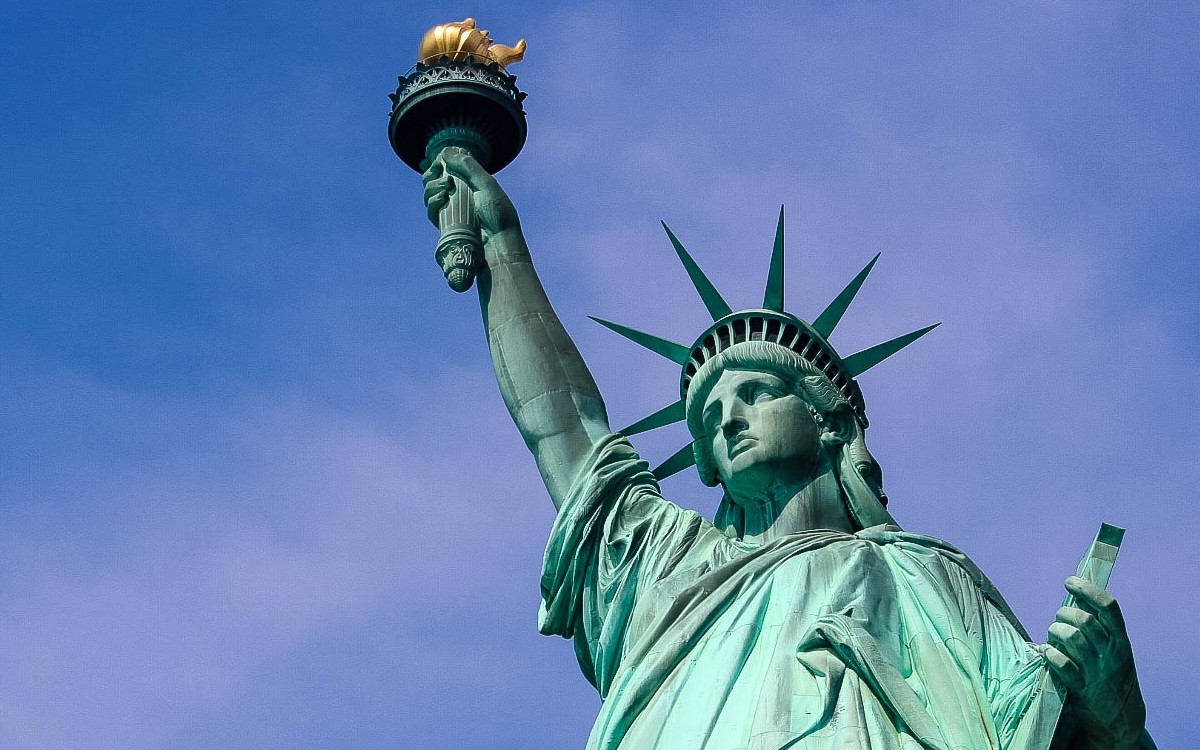By Andy Brack, editor and publisher | So what happens when Americans start getting their $1,200 federal coronavirus checks or small business owners start receiving tens of thousands of dollars of rescue money?
 Will they finally wake up and realize government isn’t the enemy, despite four decades of self-serving GOP rhetoric dedicated to drowning it in a bathtub? Will they finally remove political blinders and realize an ideology devoted to personal wealth and greed has hoodwinked them and taken away countless opportunities?
Will they finally wake up and realize government isn’t the enemy, despite four decades of self-serving GOP rhetoric dedicated to drowning it in a bathtub? Will they finally remove political blinders and realize an ideology devoted to personal wealth and greed has hoodwinked them and taken away countless opportunities?
Maybe, but doubtful. The powerful blather from Fox television, conservative think tanks, private clubs, golf courses and boardrooms is too strong to wither in one fell swoop of citizen frustration. But it’s coming, yes, change is coming. It’s just a shame that a pandemic afflicting millions may well be the root cause of a political revival of the common good.
In a prescient editorial published last week, The New York Times observed, “The erosion of the American dream is not a result of laziness or a talent drought. Rather, opportunity has slipped away. The economic ladder is harder to climb; real incomes have stagnated for decades even as the costs of housing, education and health care have increased.”
In two decades of writing about South Carolina and her politics, one conclusion has been crystal clear: We can do better for our people. We can do better in providing more opportunities for families to realize their dreams. We can do better in strategies to thwart pervasive poverty, poor health, hunger and educational challenges that linger in the Palmetto State, decade after decade. We can do better by lifting up everyone, instead of using public policy to prefer those who tend to be white, rich or conservative. We can do better by focusing on policies that bear fruit for “we the people” — all of our people, not just the few.
You may not like that general conclusion. You may balk and get your back up. But let’s see whether you return the $1,200 check. Or if small business owners turn down aid. Or if you say no to Social Security, Medicare or cheap college loans. Or if you refuse to ride on roads built by the government or get it to stop taking away the trash from your yard.
Governments solve problems. In the 1920s after a world war, our federal government took action to improve food safety, protect the health and safety of industrialized workers, and extend voting to women. Then came Social Security and assorted New Deal programs to help the country grow from a depression.
After a second world war came the G.I. Bill, which opened educational opportunities to millions. Civil rights advances, as well as Great Society programs like Medicaid and Medicare, brought millions more out of poverty that stretched from the Civil War.
But in the 1980s, government became the bad guy, a punching bag for avaricious politicians who valued individual achievement over the common good. It didn’t help that government had become bloated and bureaucratic, the societal equivalent of an Edsel or K-Car.
Partisanship ensued. And it got worse as the tea party got trumped by, well, President Trump and his followers, hungry to hear how they were relevant even though GOP policies had left them behind.
As the Times opined, “Advocates of a minimalist conception of government claim they too are defenders of liberty. But theirs is a narrow and negative definition of freedom: the freedom from civic duty, from mutual obligation, from taxation. This impoverished view of freedom has in practice protected wealth and privilege.”
Democrats didn’t do much better in this whole political mess, often adopting the same cynical tactics used by Republicans to divide and try to conquer.
So now we’re at a point where the nation’s experiment in democracy is being demonized by a microbial invader. Government, quite rightly, is the only entity big enough — despite constant attempts to denude its legitimacy — to come to the rescue.
As it responds, people in government must look ahead at how it can provide more opportunities for everyone, not just the few. It’s time for leaders to be leaders for all. And if they can’t, bring on a new batch. Indeed, we can do better.
Andy Brack is the editor and publisher of Charleston Currents and Statehouse Report. Have a comment? Send to: editor@charlestoncurrents.com




 We Can Do Better, South Carolina!
We Can Do Better, South Carolina!

























2 Comments